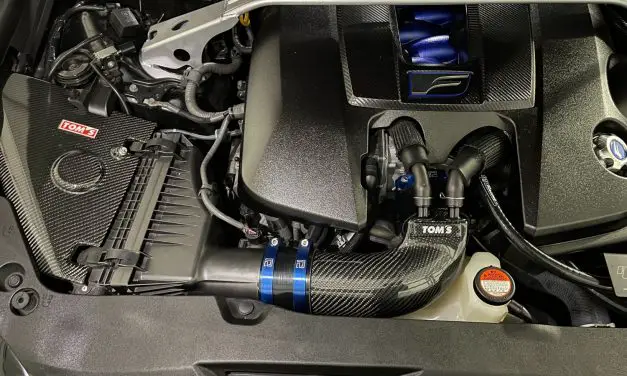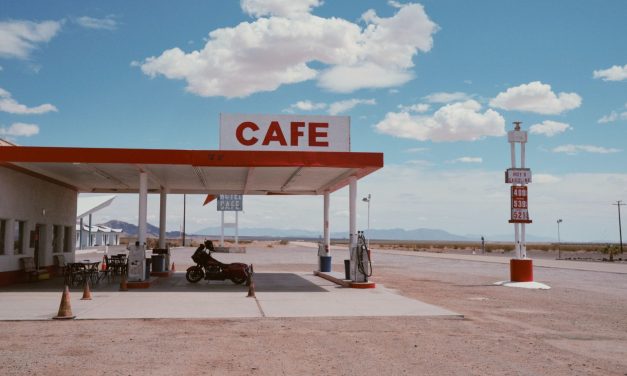Category: Maintenance
4 Reasons Why Cars (Trucks & SUVs) Backfire, and What To Do About It!
Bang, crackle, pop! These aren’t sounds you want to hear from your car’s exhaust. This...
Read MoreChange Your Synthetic Oil Every 3,000 Miles: 6 Reasons Why
There are tons of different opinions out there about oil changes! Many car manufacturers say you...
Read MoreTop 7 Car-Related Things You Should Do To Prepare For Winter
The winter months are upon us (at the time of this writing) and everyone is in need of getting...
Read MoreThe 4 Ways To Clear A Check Engine Light (CEL) – Plus why you might have a CEL on
Your car’s check engine light is meant to be a warning that something is wrong with your...
Read MoreTop 8 Most Reliable Used Pickup Truck Engines in 2023
When it comes to choosing a pickup truck, there are a lot of factors to consider. One important...
Read More4 Different Types of Belts in Your Car [Can you still drive?]
There are different types of car belts, and each belt has a specific function. In this blog post,...
Read MoreYour Vehicle’s Air Filter Needs Changed More: Here is how often!
How often do you need to change your car’s air filter? It depends on a lot of factors,...
Read MoreTop 4 Reasons Cars Get Better Gas Mileage on the Highway
You will notice that most cars, trucks, and SUVs are marketed with three different gas mileage...
Read MoreTop 7 Reasons Your Gas Mileage Is Decreasing (So you can fix it)
Have you noticed a decrease in your gas mileage, and are on the hunt for why? You have come to the...
Read More
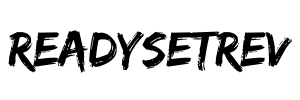

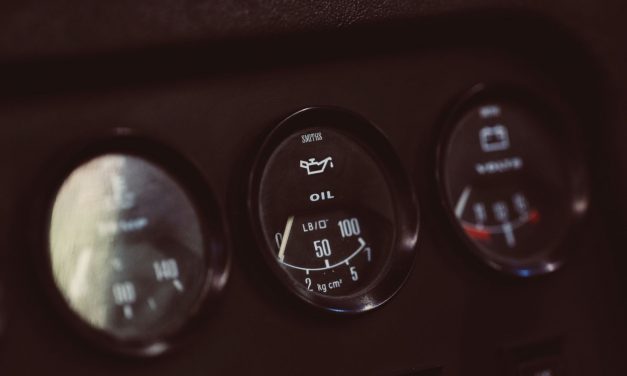

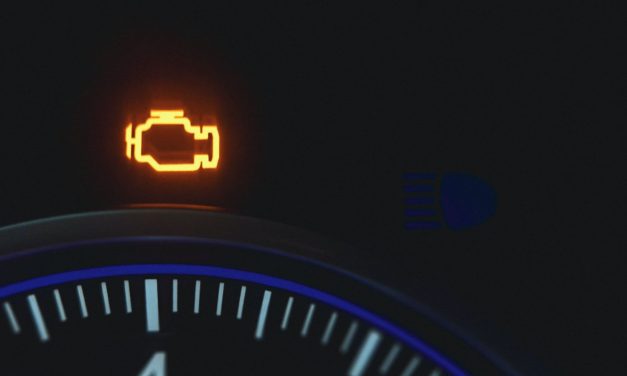

![4 Different Types of Belts in Your Car [Can you still drive?]](https://readysetrev.com/wp-content/uploads/2022/09/Boxer-Engine-Bay-627x376.jpg)
